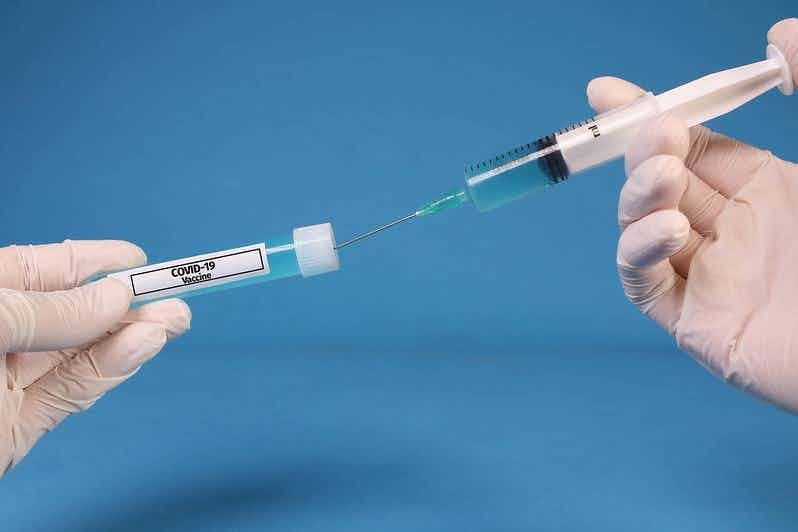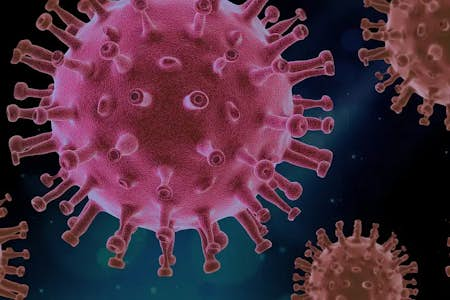Since Covid-19 vaccines were developed, there has been much speculation concerning their ability to suppress the virus's transmission. Experts quickly confirmed vaccines help stop serious illness among those who become infected. However, there has been little clarity regarding their ability to prevent others from getting the virus through person-to-person transmission.
Officials have said people still need to be careful even after being vaccinated while highlighting the mounting evidence suggesting vaccination cuts the risk of transmitting the virus.
Encouraging more people to have vaccinations
There were fears that many adults were not getting vaccinations because they thought the vaccine would not stop them from carrying and spreading the virus. This may have had a significant impact on vaccination figures. Unfortunately, experts were initially unable to confirm one way or another whether the vaccines could help to reduce transmission until more of the population had been vaccinated.
Now that millions across the UK have received their jabs, officials are better positioned to assess the situation concerning transmission. While they have confirmed people still need to be careful even after receiving their jabs, they have now pointed to the evidence that transmission is far less likely.
One government official said, "There has been some early evidence that suggests vaccines do have an impact on transmission. But the full impact on infection rates will not become clear until a large number of people have been vaccinated.” They added, "It is important to continue following the national restrictions, instructions from NHS Test and Trace, and to self-isolate if you are instructed to do so, even if you have had the vaccine."
A range of studies provide mounting evidence of protection
Several studies have now been carried out, all of which provide mounting evidence that the vaccines can help protect other people and those who have been vaccinated.
Testing and monitoring with both AstraZeneca trial participants and Pfizer trials showed a huge reduction in the risk of infection, which then resulted in a reduction in the risk of infecting others. The Oxford trials showed that positive tests fell by more than 50%, while the Pfizer ones showed that they fell by 70% after one jab and 85% after the second dose.
Other studies have also been carried out, including one in Israel that showed vaccinated people had lower viral loads. This means that they are not only at reduced risk of becoming ill with the virus but also of being contagious and passing it onto others.
Image Credit: Marco Verch Professional Photographer, CC BY-SA 2.0






